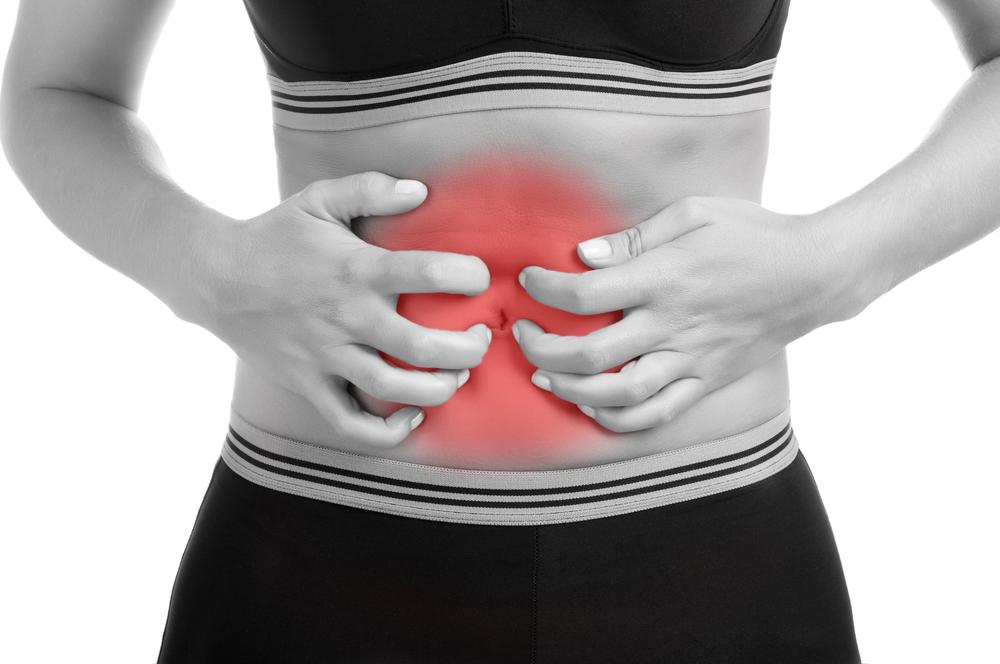Treatment for Irritable Bowel Syndrome
Irritable Bowel Syndrome (IBS) is a common disorder that tends to affect the large intestine. Some of the signs and symptoms of Irritable Bowel Syndrome include abdominal pain, cramping, bloating, diarrhea or constipation, or both as well as gas. Irritable Bowel Syndrome is a long-term chronic condition that you will need to manage.
Treating Irritable Bowel Syndrome
The focus of treating Irritable Bowel Syndrome is on relieving symptoms to ensure that you can live as normally as possible. By managing stress and by making changes in your lifestyle and diet, the mild signs and symptoms can often be controlled. You can try to avoid food that triggers the Irritable Bowel Syndrome symptoms, try eating food that has a high-fiber content, get enough sleep, ensure you consume plenty of fluids and exercise regularly.

Also, your doctor may suggest that you eliminate the following from your diet:
- High-gas foods
If you are experiencing gas or a bloated stomach, you must avoid the consumption of alcoholic and carbonated beverages, raw fruit, caffeine and certain types of vegetables like cabbage, cauliflower, and broccoli. - Gluten
Some reports show that people who are diagnosed with Irritable Bowel Syndrome have improvement in their diarrhea symptoms if they stopped consuming gluten. Grains like wheat, rye, and barley contain gluten. - FODMAPs
Some people have a sensitivity towards certain kind of carbohydrates such as fructans, fructose, lactose and other, also known as FODMAPs.
A dietician can help you to make the above diet changes and aid in treating Irritable Bowel Syndrome. However, if your symptoms are severe, your doctor might suggest counseling as well. Especially, in cases, if you have depression or stress, the symptoms tend to worsen. Also, based on your symptoms your doctor might suggest treatment by medications such as-
- Fiber supplements
Taking fiber supplements can ease your symptoms. Supplements like psyllium with fluids can help control constipation. - Laxatives
If the fiber doesn’t prove to be that helpful enough, your doctor may further prescribe polyethylene glycol or magnesium hydroxide oral. - Anticholinergic medications
Medications such as dicyclomine can help in relieving painful bowel spasms. For people who have bouts of diarrhea, these medications are sometimes prescribed by the doctor. These medications may have side-effects like constipation, blurred vision and dry mouth but overall, they are safe. - Anti-diarrheal medications
Over-the-counter medications may help in controlling diarrhea. Your doctor may also prescribe a bile acid binder which will reduce diarrhea caused by excessive bile acid. - Tricyclic antidepressants
These types of medications may aid in relieving depression, as well as inhibit the activities of neurons that control the intestine, in turn reducing the pain. These medications have side-effects like blurred vision, dizziness, drowsiness and dry mouth.

